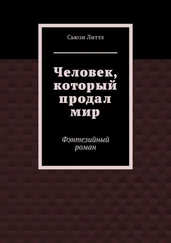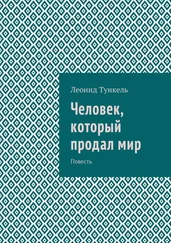Lane, Daily Life p. 9.
Barnes & Hudson, History Atlas of Asia p. 87.
Morgan, Medieval Persia pp. 64–72.
Krause, Epoche der Mongolen p. 6.
Khazanov, Nomads and the Outside World, pp. 238–239.
D. C. Wright, 'Was Chinggis Khan Literate?' in Janhunen, Writing pp. 305–312.
Unlu, Genealogy of a World Empire p. 88.
Sechin Jagchid, 'The Historical Interaction between the Nomadic People in Mongolia and the Sedentary Chinese,' in Seaman & Marks, Rulers from the Steppe pp. 63–91 (at p. 81).
Quoted in Weatherford, Genghis Khan p. 125.
T. Zerjal et al, 'The Genetic Legacy of the Mongols,' American Journal of Human Genetics 72 (2003) pp. 717–721. Not being a geneticist, I find the detailed argument difficult to follow, but it seems to hinge on the Haplogroup C — M217 and its subgroup C — M130.
Garrett Hellenthal, Simon Myers, Daniel Falush, et al, A Genetic Atlas of Human Admixture History,' Science 343 (14 February 2014) pp. 747–751.
S. Abilev et al, 'The Y-chromosome C3* Star Cluster Attributed to Genghis Khan's Descendants,' Human Biology 84 (2012) pp. 79–89. See also the discussion in Hard & Jones, Genetics p. 309; Chapin, Long Lines; Cooper, Geography of Genocide; Wells, Journey of Man.
Доведение до абсурда ( лат .).
The 'great man' theory and its critics form one of the most hotly contested battlegrounds in historiography, with luminaries such as Carlyle, Nietzsche and Kierkegaard promoting and Engels, Tolstoy and Herbert Spencer opposing. See Leonid Grinin, 'The Role of an Individual in History: A Reconsideration,' Social Evolution and History 9 (2010) pp. 95–136; Friedrich Engels, introduction to Socialism; Hook, Hero.
Montesquieu, Considerations on the Causes of the Greatness of the Romans (1734) Chapter 18.
Fletcher, 'The Mongols,' loc. cit. pp. 35–36. Pace the strenuous objections in Tolstoy's War and Peace: 'The words chance and genius do not denote anything that actually exists, and therefore they cannot be defined. These two words merely indicate a certain degree of comprehension of phenomena. I do not know why a certain event occurs; I suppose that I cannot know; therefore I do not try to know, and I talk about chance. I see a force producing effects beyond the scope of ordinary human agencies; I do not understand why this occurs, and I cry genius' (War and Peace, Epilogue, part 1.2, translated by Rosemary Edmonds). The rhetoric is strong but the accompanying arguments are weak and amount to little more than Tolstoy's ex cathedra assertion that factors of inevitability must be at play.
For Ibn Khaldun and his views on climate see Warren E. Gates, 'The Spread of Ibn Khaldun's Ideas on Climate and Culture,' Journal of the History of Ideas 28 (1967) pp. 415–422; Fromherz, Ibn Khaldun.
On climate see Montesquieu, The Spirit of the Laws, Chapter 14. On the Mongols see ibid. pp. 268–280.
Gumilev, Imaginary Kingdom pp. 21–24.
Gumilev, Imaginary Kingdom pp. 21–24.
Drought is emphasised in all the following studies: Lattimore, 'The Geographical Factor in Mongol History,' Geographical Journal 41 (1938) pp. 1–20, reproduced in Studies in Frontier History pp. 241–258; Ellsworth Huntington, 'Changes of Climate and History,' American Historical Review 18 (1913) pp. 213–232, and cf Martin, Ellsworth Huntington and G. F. Hudson's note in Toynbee, Study of History (1962) III annex 2 p. 453; Brown, History and Climate Change pp. 211–221.
Brown, Geography of Human Conflict pp. 53–57 (esp. p. 54).
Yongkang Xue, 'The Impact of Desertification in Mongolia and the Inner Mongolian Grassland on the Regional Climate,' Journal of Climate 9 (1996) pp. 2173–2189.
Cold weather theorists include Gareth Jenkins, 'A Note on Climate Cycles and the Rise of Chinggis Khan,' Central Asiatic Journal 18 (1974) pp. 217–226 and William S. Atwell, 'Volcanism and Short-Term Climatic Change in East Asian and World History c. 1200–1699,' Journal of World History 12 (2001) pp. 29–98 (at pp. 42–45).
Mara Hvistendahl, 'Roots of Empire,' Science 337 (28 September 2012) pp. 1596–1599. Another 'wet conditions' advocate is H. H. Lamb, Climate, History and the Modern World pp. 184–185, 317.
Brown, History and Climate Change p. 217.
Lattimore, 'The Geographical Factor,' in Studies in Frontier History pp. 252–253; Lattimore, 'The Historical Setting of Inner Mongolian Nationalism,' ibid. pp. 440–455.
Gumilev, Imaginary Kingdom p. 259.
Gumilev, Imaginary Kingdom pp. 19–20.
Togan, Flexibility and Limitation p. 6.
Fletcher, 'The Mongols,' loc. cit. pp. 22–34. For further contributions to the climate debate see B. Beentjes, 'Nomadwanderungen und Klimaschwangen,' Central Asiatic Journal 30 (1986) pp. 7–17; A. W B. Meyer, 'Climate and Migration,' in Bell-Fialkoff, Role of Migration pp. 287–294; V G. Dirksen et al, 'Chronology of Holocene Climate and Vegetation Changes and their Connection to Cultural Dynamics in Southern Siberia,' Radiocarbon 49 (2007) pp. 1103–1121; B. van Geel, 'Climate Change and the Expansion of the Scythian Culture after 850 ВС: A Hypothesis,' Archaeological Science 31 (2004) pp. 1735–1742; 33 (2006) pp. 143–148.
Julia Pongratz et al, 'Coupled Climate-Carbon Simulations Indicate Minor Global Effects of Wars and Epidemics on Atmospheric CO 2 ," The Holocene 21 (2011) pp. 848–851.
Keegan, History of Warfare (1994) p. 214. For the 'Mongols to blame' see also Salisbury, Coming War p. 31.
Ostrowski, Muscovy and the Mongols pp. 3–4.
Weatherford, Genghis Khan pp. xxiv, 237–238.
Бэкон Роджер (1214–1294) — английский философ и естествоиспытатель, состоял во францисканском ордене. — Прим. пер .
Martels, Travel Fact pp. 54–71. It is interesting that Weatherford, Genghis p. 236 has Francis Bacon in the late sixteenth century summing up the three breakthrough technologies that came to the West from the Mongols as printing, gunpowder and the compass, for Janet Abu-Lughod (The World System pp. 23–24) makes an explicit comparison between the two Bacons, having religion (Roger Bacon) contrast with politics (Francis Bacon) and the allegiance of the former to the Pope contrasted with that of the latter to the monarch.
Anatoly M. Khazanov, 'Muhammad and Jenghis Khan Compared: The Religious Factor in Empire Building,' Comparative Studies in Society and History 35 (1993) рр. 461–479.
Читать дальше
Конец ознакомительного отрывка
Купить книгу
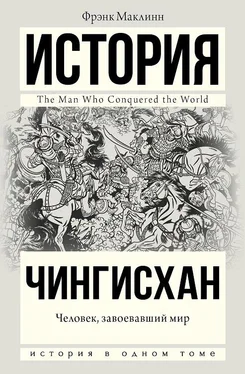
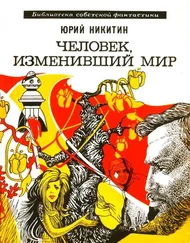

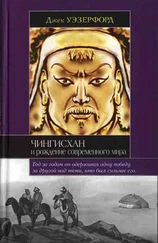
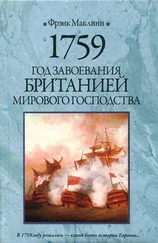
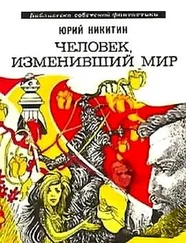
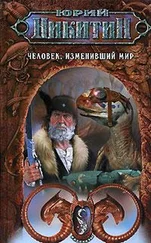
![Ксения Чепикова - Человек, научивший мир читать [История Великой информационной революции]](/books/388624/kseniya-chepikova-chelovek-nauchivshij-mir-chitat-ist-thumb.webp)
